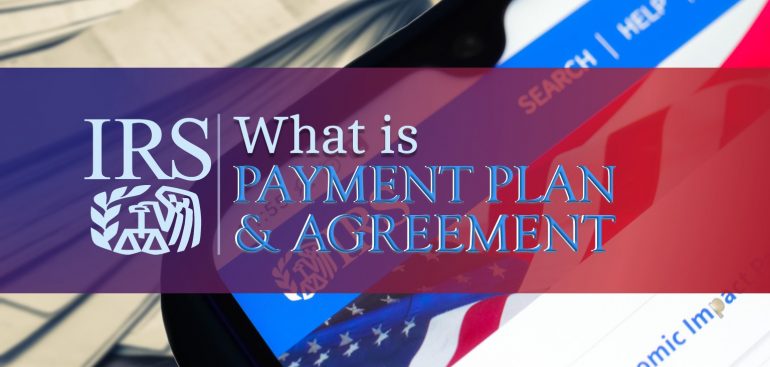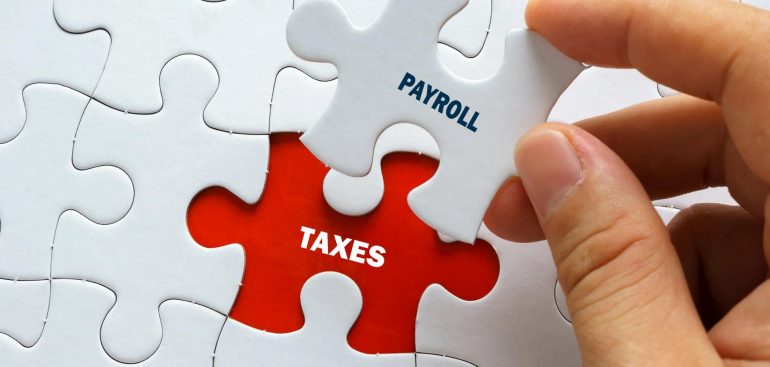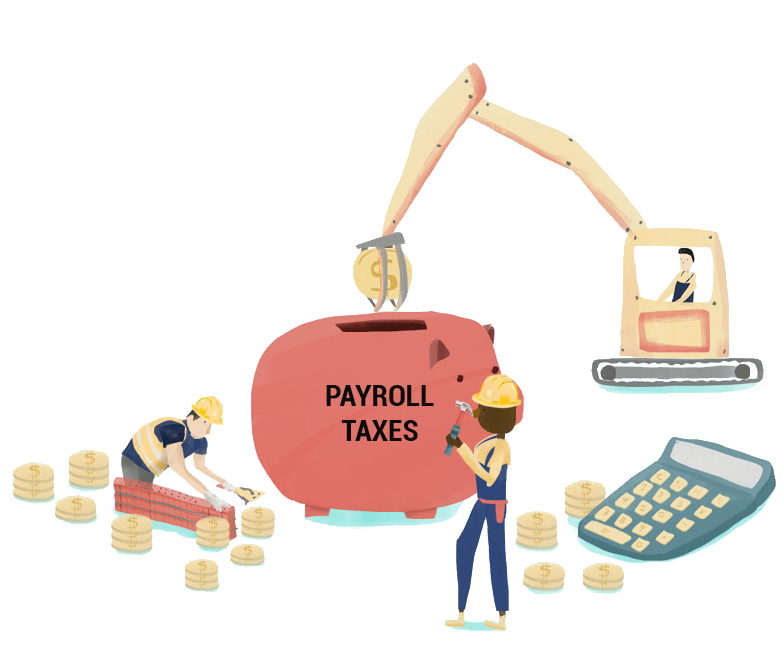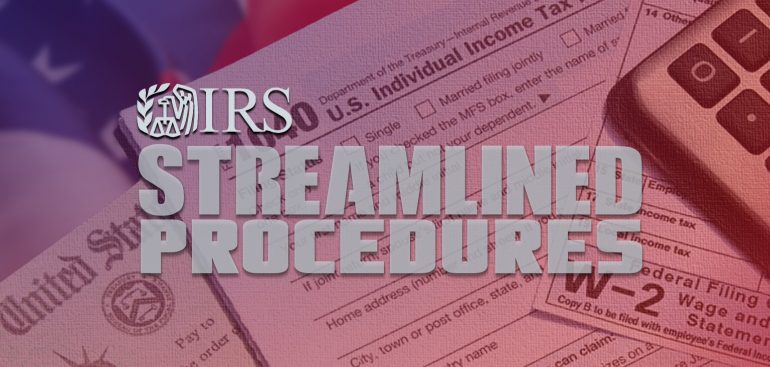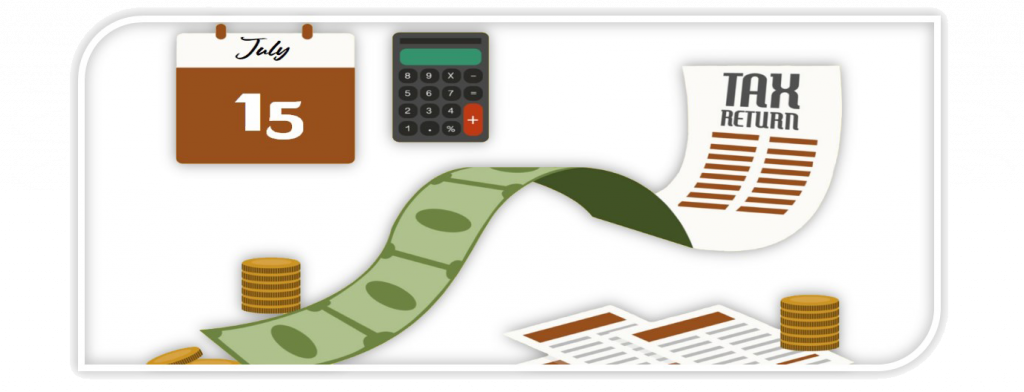The IRS offers a variety of payment plans to help taxpayers pay off their back taxes. These programs differ; you may receive a free installment plan or a pricier one. See below for more information on the various types of IRS payment plans and how you can benefit from them.
What is the IRS Payment Plans?
An IRS payment plan is an agreement between the IRS and the taxpayer to pay the taxes outstanding within a specific time frame. The IRS offers these plans to taxpayers who have owed taxes for up to ten years and provides them with a period and payment plan that is appropriate for their eligibility. IRS payment plans are classified into two types: short-term payment plans and long-term payment plans.
These payments are often made monthly for a fixed amount. If the arrangement is for more than 120 days, there is also a setup cost. The IRS offers several options for applying for these payment arrangements. Here is how to apply:

- Online Payment Agreement Application: The Online Payment Agreement application is the first and most convenient way to apply for an IRS Installment Agreement Plan. If the total combined amount of all your individual income tax, penalty, and interest owed is $50,000 or less, there is no setup cost for the online application. On the application, there are short-term payment options for 120 days or fewer, as well as monthly payment plans. This application is also available for businesses that owe less than $25,000 in total payroll taxes, penalties, and interest for current or previous tax years. When you apply for the Online Payment Agreement Plan, you will receive an immediate response from the IRS. It will immediately inform you whether your application was approved or denied by the IRS.
~ - Application by Phone: You can also apply for payment plans over the phone. To apply over the phone, dial 1-800-829-1040. If you apply by phone, the IRS may request proof of your financial situation. Make sure you have all your documentation and financial information ready before calling.
~ - Application by Mail: You can also apply for a payment plan by mailing the IRS the necessary documents. For the application, you must submit Form 9465 to the IRS. In addition, if you want to deduct your payment through payroll, Form 2159 is required. If you owe more than $50,000 in total, you must file Form 433F. All these forms must be mailed to the IRS address listed on your bill. The IRS allows applicants who apply by mail to reduce the accrual of fines and interest by making voluntary payments until their application is granted.
~ - Application In-person: The final option for applying for the Installment Agreement Plan is to visit an IRS office in person. You must bring all your documentation and have access to your financial information for the in-person application.
When it comes to the various plans that you might apply for, the short-term payment plan is a 180-day or shorter arrangement. This plan is free if you apply online, via phone, by mail, or in person. The highest amount you can owe the IRS under this plan is $100,000, which includes tax, penalties, and interest. Moving on to the long-term plan, the agreement can be for 120 days or longer. This package has various setup fees based on the payment type you pick. If you pay by automatic withdrawal, it costs $31 to apply online and $107 to apply by phone, mail, or in person. These costs change if you pay through a different method: applying online costs $149 while applying by phone, mail, or in-person costs $225. Keep in mind that if the applicant is considered low-income, these charges will be reduced.
How to Seek Professional Help?

Back taxes can be the most stressful and daunting scenario to deal with. It would take hours of research and a lot of effort to fill out all those paperwork in order for you to come up with a payment plan and choose the best possibilities. The best choice is to hire an experienced Miami Tax Accountant to complete all these forms and advise you on the best payment plan.
SDG Accountants is a tax and accounting firm located in downtown Miami, and we are the top tax accountant in Miami for all your tax and accounting needs. We help small businesses and individuals expand their businesses.
Contact us by phone at +1 (786) 706-5905 or by email at admin@sdgaccountant.com.
You can also schedule a free initial consultation with us by clicking on the following button:

